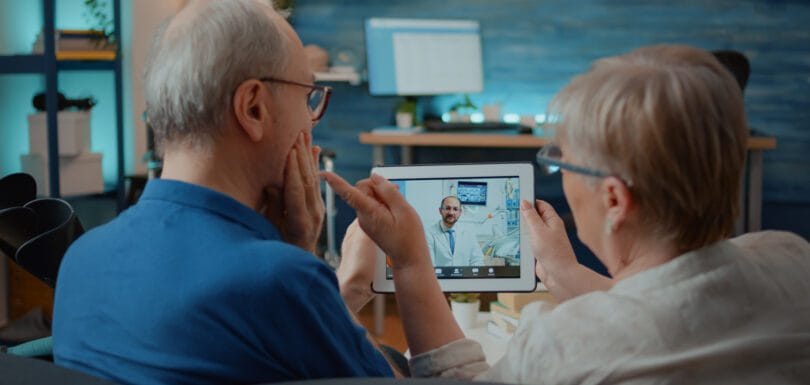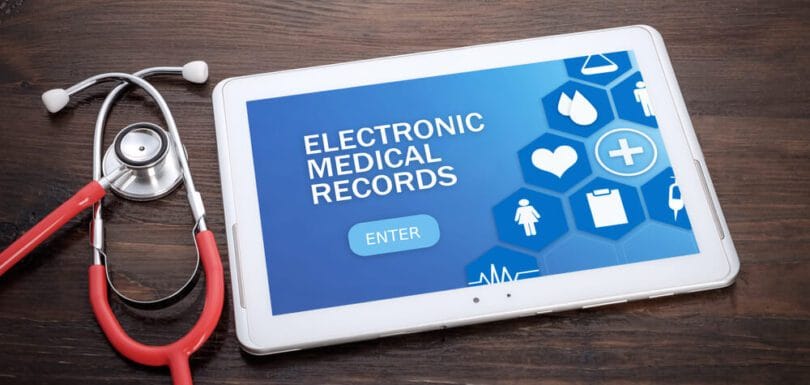Why Patient Care Coordinator Remote Roles Matter
In today’s always on digital world the healthcare industry is embracing remote roles, more than barely ever before. A patient care coordinator remote is one of the most critical if not overlooked positions. As patient care coordinator remote position continue to be in demand, it’s vital for both healthcare provider and patients alike to understand why these roles are so important in meeting our needs for quality and accessible health care services. The Evolving Healthcare Landscape The changing time is bringing in telehealth, virtual care models, changing the way healthcare services are dispensed. Now convenience, timely communication and coordination of care are expected by patients. Patient care coordinator remote roles are a way to be a vital link between patients, physicians and administrative staff in this new way of the landscape. They guarantee a smooth, efficient and managed care journey of every patient. Who Are Patient Care Coordinators? Patient care coordinators manage patient communications; schedule appointments; coordinate follow up care; and work to ensure that patients do fully understand their treatment plans. The benefits are that much greater when this role is performed remotely: more efficient, more cost effective, more patient and staff satisfaction. Why do Patient Care Coordinator Remote Roles Matter? Why they are important of patient care coordinator remote roles in healthcare industry: 1. Remote Roles Make for Improved Accessibility: Coordinators can help patients regardless of physical location. 2. Greater Efficiency: Digital tools allow coordinators to view records, make appointments, talk with providers all in real time. 3. The Overhead cost of office space and office equipment is reduced because of Remote work. 4. Remote patient care coordinators often have a better Work to Balance life. Key Responsibilities of Remote Patient Care Coordinators Responsibility Description Scheduling Appointments Booking virtual and in-person visits based on availability Patient Communication Explaining procedures, follow-ups, and medical instructions Record Management Updating and organizing electronic health records (EHRs) Insurance Verification Coordinating with insurers and confirming patient coverage Coordination with Healthcare Team Liaising with nurses, doctors, and specialists to streamline care delivery What kind of skills do we need for Remote roles? For remote patient care coordinator to excel, there are some skills that are necessary. • Sound knowledge of interpersonal and communications skills. • Used to telehealth platforms and EHR systems • Listening skills and ability to multi task. • An empathy and patient centric mindset • Ability to multitask in a fast pace virtual environment. Patient care coordinator remote roles are so important because they explain these competencies. How Patient Experience Has Been Impact They want timely communication, seamless coordination. In conjuction, a remote patient care coordinator monitors for gaps in care to prevent the patient from slipping and welcoming them to experience a trusting relationship in all its forms. Patients feel heard, valued and well informed by being able to put their queries and concerns to a dedicated professional, remotely. Additionally, remote coordinators are able to post hospital visits to follow up with patients as soon as possible, schedule tests if necessary and make sure that patients take their medicine. The benefits from this are two-fold, they increase patient engagement and decrease hospital readmission rates. Provider Efficiency It can be the case that healthcare providers do a lot at once. This burden is relieved a little by remote patient care coordinators as they manage administrative responsibilities. Moreover, with Remote roles, it’s possible to scale. With coordinators from all timezones, clinics and hospitals can hire them to provide extended coverage so support is available outside of regular business hours. Enhancing Provider Efficiency Throughout Compliance and Confidentiality websites, DS, in cooperation with the various Legislative divisions, provides the necessary guidance to employees about updates to Federal (and other) laws and regulations. One of the usual problems that remote healthcare jobs bring up is patient confidentially. Today’s tech driven medical environment is easier to manage with the aid of encrypted communication platforms, secure logins and regular audits that keep data integrity and reaffirm why patient care coordinator remote is important. Prediction of Remote Healthcare Coordination Future With such rapid growth to telemedicine, so will be the demand for remotely skilled coordinators. This role is a flexible, efficient and hence sustainable solution to the problem of broader healthcare systems seeking to reach out to more people and improve service delivery. Additional investment in training and supporting development for remote patient care coordinators for fully enhanced capabilities will guarantee a steady, high quality level of care. This is a clear example about how patient care coordinator remote roles are important to the development of the future of healthcare. FAQs Q: What does it take to become a remote patient care coordinator? A: For most roles, you’ll need to have healthcare related background, past experience with administrative tasks and knowledge with digital tools such as EHR software. Q: Is there anything to prevent remote coordinators from working at multiple facilities, even working across institutions and federal buildings? A: A lot of people find work as network or agency healthcare workers, coordinating work for many providers. Q: What do remote coordinators do to maintain data security? A: Secure platform, encrypted and compliance training for keeping up HIPAA standards. Q: Enjoyed your explanation on the downside of remote work. What are the challenges of working remotely in this role? A: If there are any problems you are likely to face is how to complete multiple tasks, tech troubleshooting and the issue of lack of face to face communication.







